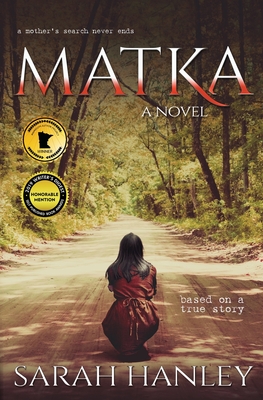
In Poland during World War II, Zosia (zo-sha) takes her ill son’s place and is sent to a work camp. The end of the war does not bring her home, but instead she is sent to a displaced person camp in Germany. Once there she finds all the official channels for learning the fate of her children only respond with silence.
As Zosia settles into life in the camp, she falls for Czeslaw (CHES-lawf), a handsome former member of the Polish Army with a talent for finding things on the black market. When she becomes pregnant, Zosia faces a stark choice: hold out hope for finding her children on a continent still rebuilding from war, or make a new life—and family—with Czeslaw?
I couldn’t put this book down. The story moves briskly. (I am very grateful to the author for the pronunciation guide in the beginning.) There is a lot of tragedy, but there is also joy. Some WWII novels, while works of great art, also feel like several hundred pages of sorrow.
This book focuses on the lesser known parts of that era. I would say in general there isn’t as much known about the war in Eastern Europe in the English speaking world, and when writing on the civilian horrors the focus is usually on concentration camps and not the work camps with slave labor used throughout occupied Europe. Also, there tends to be less written on the time just after the war ended.
Zosia is a character who constantly faces impossible choices with very little information. Her struggle—to build a new life or try to find her children—resonates. While the same basic dilemma remains throughout the novel, as tidbits of information come to her and the DP camp changes, the form changes. Its hard to imagine how little information people had in a shattered world with us having the internet today.
After all she has endured, Zosia faces her difficulty to trust and fear of making the wrong decision. Its easy to judge knowing that Poland was absorbed into the Soviet Union . But reading this novel brings sympathy for those refugees—even today—who face impossible choices. This novel is based on the story of the author’s grandmother, although according to her much fiction was used to flesh out the novel.
